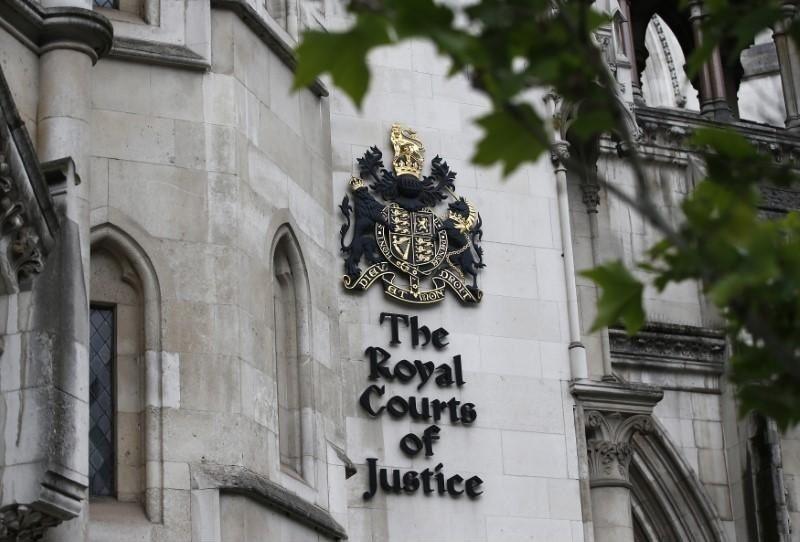
Week's balance: Groysman's budget, Yanukovych's debt, Arab "Mriya," and hunt for Omelyan
Volodymyr Groysman's Cabinet approved the draft budget for 2019, the year to become one of the most difficult ones for the national economy, while negotiations with the IMF are underway on the price of gas for the population; the court in London forwarded the case of "Yanukovych debt" for full-fledged consideration; experts argue about the benefits of IKEA entering the country's market and the purchase by the Saudi company of a Ukrainian agricultural holding Mriya. In the meantime, the public eye was focused on the NABU detectives' hunt for infrastructure minister Volodymyr Omelyan - these are the main economic news of the outgoing week.
This week's breaking news came from the UK where the Court of Appeals of London ordered a full-fledged court consideration of Russia's claim against Ukraine over the $3 billion debt on eurobonds, the so-called "Yanukovych debt." The ruling is a turning point in the case about an actual "bribe" the Kremlin gave to the former Ukrainian authorities for rejecting their country's European integration path.
In a unanimous decision in favor of Ukraine all three Judges of the English Court of Appeal agreed that the first instance judge was wrong: to decline to permit Ukraine’s defence of duress to proceed to trial; and to refuse to grant Ukraine a permanent stay of the proceedings if Ukraine’s defence of duress could not be adjudicated by the English Court. In addition, the Court of Appeal explicitly stated that the UK government “regards the activities of Russia in seizing the Crimea and assisting military action by insurgents in Eastern Ukraine against the Ukrainian government as being in clear violation of Russia’s obligations under international law, including in particular its obligations under the norm of ius cogens reflected in Article 2(4) of the UN Charter.“
The Ministry of Finance of Ukraine, called the court decision "outstanding." According to Ms Oksana Markarova, the Acting Minister of Finance of Ukraine: “The unanimous findings of the Court of Appeal mean that Ukraine will have a full opportunity to prove at trial its long held position that the contracts for the $3 billion Eurobonds are invalid and unenforceable. This is because of the egregious threats and acts of aggression perpetrated against Ukraine by Russia not only in the lead up to and which procured the entry of the relevant contracts, but also in the period after their entry and continuing until the present day." She added that Ukraine "welcomes the opportunity to make a full evidentiary showing concerning Russia’s unlawful actions." "Russia must be held accountable for its internationally wrongful acts and the English Court has made clear that it will not shy away from doing so," said Markarova.
Inevitable rise of gas prices
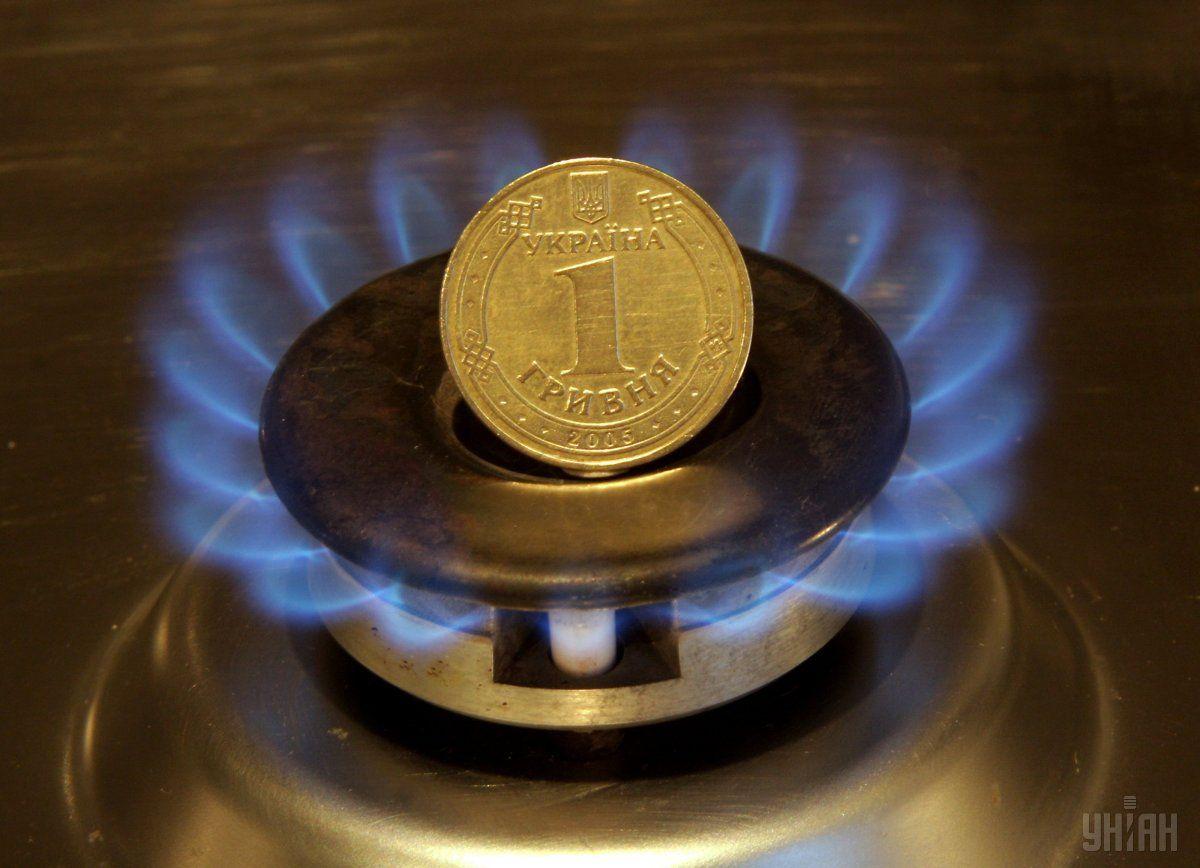
Another week has passed, but the government has not yet delivered a long-expected decision on raising the gas price for the population. We must assume that the discussion with the IMF mission on this key issue continues. But, most likely, gas price hikes cannot be avoided. This week, Minister of Energy and Coal Industry Ihor Nasalik, who previously stated that gas prices may even be lowered, has for the first time changed his point of view.
"The Prime Minister has already announced that we cannot conduct unconstructive conversations with the International Monetary Fund. Therefore, there will be an increase, but I cannot say how big it will be. I do not negotiate the price of gas. This obligation is entrusted to the Ministry of Finance," the minister told reporters following the government meeting.
Now the main question is how much the gas will cost for the population. Experts believe that the rise in price will be by 23% - up to UAH 8,600 from UAH 7,000 per 1,000 cubic meters. And this will be a compromise option in talks with the IMF.
"Sources close to the government also call this figure [23%]. It would be alright – this is not the worst option possible... This is a compromise figure," an energy expert with the Razumkov Center, Serhiy Dyachenko, told UNIAN, adding that according to the approved calculation methodology, prices should have risen to market levels, that is, by more than 40%.
While the talks are ongoing, the authorities are showing optimism. President Petro Poroshenko, speaking at a conference in Kyiv, shamed leading Ukrainian economists and international experts who had previously predicted a default for Ukraine if cooperation with the IMF did not resume in the near future. And the cornerstone was precisely the question of gas prices.
"I'd like to stress that those who predicted the country's default in 2014-2015, when we had barely US$5 billion in gold and foreign exchange reserves – keep dreaming, there will be no destabilization now. We know what we have been doing and we will defend Ukraine financially too," the president said.
NBU Governor Yakiv Smolii is also confident that the IMF will allocate such an expected tranche.
"Negotiations with the IMF are continuing. The mission will finish its work next week, and we expect a positive decision on continued cooperation," the country's chief banker said. However, according to his assurances, voiced earlier, Ukraine was supposed to receive this tranche in April, May, August and so on...
Against the background of negotiations with the IMF, another significant event took place. Finally, a long bureaucratic saga of the EU's allocation of a EUR 1 bln macro-financial assistance to Ukraine. On Friday, President Petro Poroshenko and Vice-President of the European Commission Valdis Dombrovskis signed the relevant document.
But it's too early to rejoice. These funds, just like the World Bank loans, will only be received after the resumption of cooperation with the IMF. So, the circle closes.
While Ukrainian officials think whether they should raise gas prices or not, Naftogaz continues to taunt Gazprom across Europe., By weekend came the reports that the European courts, which had previously banned Ukraine from forcibly seizing property of the Russian monopoly to get its money under Gazprom's obligations in the Stockholm Arbitration case, now changed their minds. It is not surprising that representatives of Gazprom at the tripartite gas talks (Ukraine-EU-Russia) refused to provide guarantees for the continued gas transit via Ukraine after 2019.
IKEA and the Arabian investment: What are the profits for Ukraine economy?
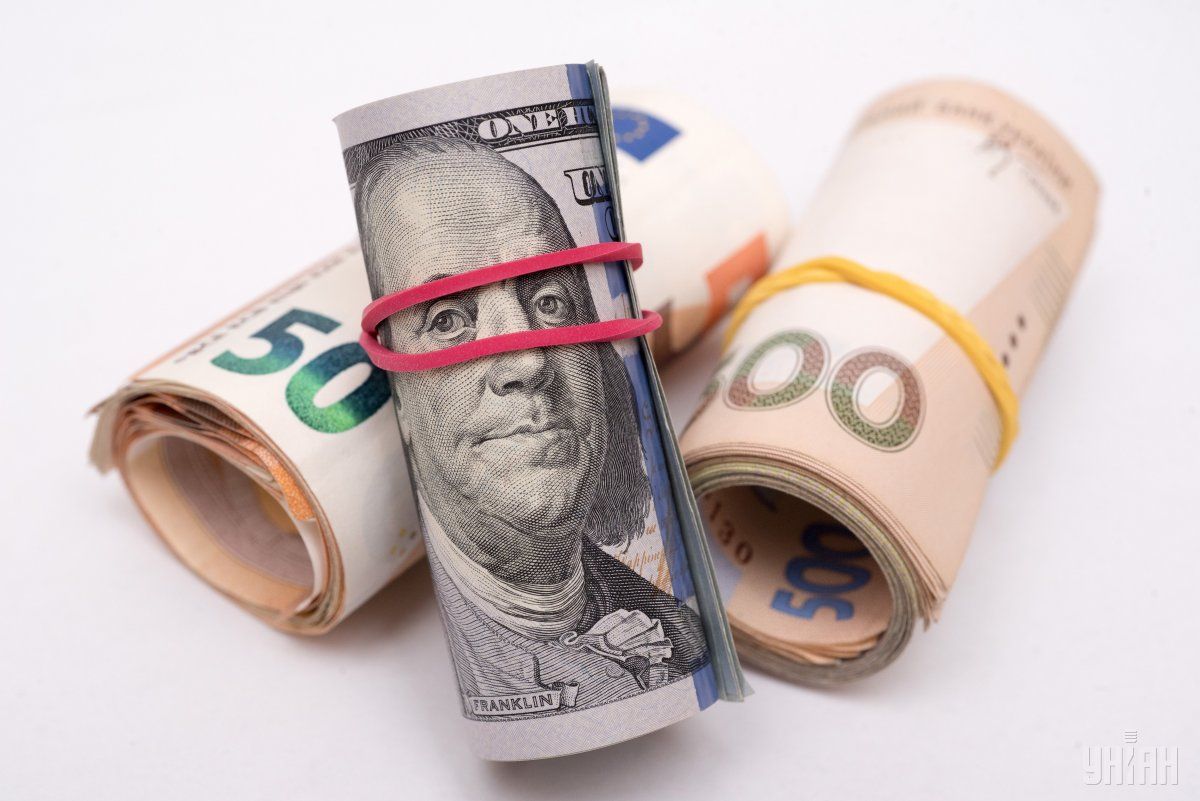
Two major news this week literally divided the Ukrainian experts into two opposing camps. It's about the plans of the Swedish furniture giant IKEA to enter the Ukrainian market and the purchase by a Saudi company of a large agricultural holding Mriya, which barely avoided a default a few years ago.
Some experts said that these are incredibly strong signals indicating support of the national economy (for example, IKEA had been trying to start business in Ukraine since 2006). Other experts believe that the significance of events is clearly exaggerated ,and accuse the authorities of excessive PR in this regard.
The "analytical" confrontation began with the pro-government political consultant Viktor Ukolov writing a column titled "The arrival of IKEA shows a decrease in corruption in Ukraine." In his op-ed, he blamed the experts for failing to rejoice over such a significant event and to celebrate the government's success in the fight against corruption. The response followed immediately. In particular, expert Andriy Gerus pointed out that IKEA was entering Ukraine in one of the simplest ways – the company is only going to rent space in a Kyiv shopping mall that is now under construction, although it would be most preferable for our country if the Swedes went all the way – from obtaining a land plot, connecting to electricity grids, and building its own store.
"And, ideally, everything without bribes... IKEA did not risk such a thing. This scenario would be most positive for Ukraine, because IKEA would have invested millions of dollars in construction here, hired contractors, and so on," Gerus noted.
The Swedes also rejected another path – buying a ready-made hypermarket. In this case, there would be less profit for the economy, says Gerus, but it would be a psychological signal that IKEA was ready to invest millions of dollars in Ukraine. But the Swedes chose the third path which means little – they simply rented space.
The good news though is that IKEA will be selling products made in Poland, not Russia, that's according to IKEA chief for South-Eastern Europe Stefan Vanoverbeke.
Another big news is about the largest transaction on Ukraine's agrarian market. Salic, a Saudi company, concluded a contract for the purchase of assets of the agricultural holding Mriya, which included infrastructure facilities, a technical park, as well as companies that own the right to lease land.
“This is the largest contract, the largest purchase in the agricultural sector in the history of independent Ukraine. Today, this is the first significant investment of the sovereign fund of Saudi Arabia and the sovereign fund of all the countries of the world in the Ukrainian assets. Today, this is the first investment of such a scale since the beginning of the Russian aggression in 2014, which means the restoration of investors’ confidence in Ukraine and its main sectors of economy,” the Ukrainian president said during the signing ceremony held in the Presidential Administration.
Mriya CEO Symon Chernyavsky stressed that the arrival of a global strategic investor focused on agriculture was an ideal option for Mriya's successful future. The deal will be closed after the relevant permission is obtained from the Antimonopoly Committee. It's unlikely to expect any intrigues, but anything could happen...
However, many analysts critical of the government found some nuances in the news. First, they drew attention to the fact that two companies cooperating with Petro Poroshenko acted as advisors to Mriya. This is Makar Pasenyuk's ICU and Rothschild & Co, which manages Roshen in the "blind trust." Secondly, the Saudi holding, as it says on its website, operates as a closed trust or investment fund, being ready to work with any investors who are willing to invest in the agricultural business. Therefore, it is possible that the Saudi Salic is likely to have acquired Mriya for some high profile Ukrainian national. Time will show whether the suggestion is right.
By the way, the debate about Ukraine's suddenly improved investment attractiveness and a sharp decrease in the level of corruption was concluded by a fresh survey of foreign investors conducted by Dragon Capital, the European Business Association (EBA), and the Center for Economic Strategy. As it turned out, it is corruption and lack of trust in the judiciary that for the third year in a row has topped the rating of the most important obstacles for foreign investors in Ukraine.
Omelyan case
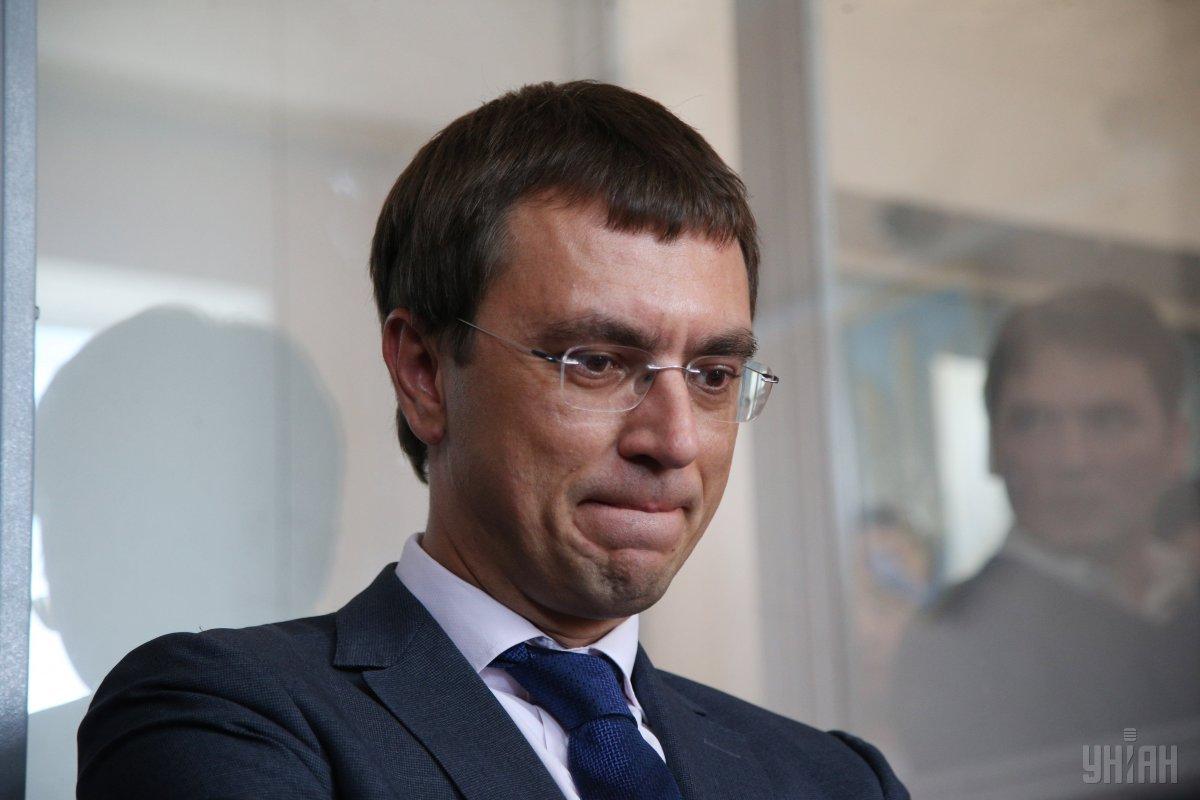
It shouldn't be expected that the dubious purchase of Mriya by the Saudi company may soon be of some interest to law enforcement agencies, especially NABU, the head of which, Artem Sytnik journalists recently caught at secret meetings held at the presidential residencenear Kyiv.
Meanwhile, anti-corruption detectives have chosen a lower-scale target – infrastructure minister Volodymyr Omelyan. This week, he was issued a suspicion notice over his alleged "illegal enrichment." According to the investigation, while in civil service from 2000 to the present time, Omelyan until April 26, 2018, received UAH 2.17 million of official income, but his expenses amounted in the period from 2008 to April 26, 2015, alone amounted to at least UAH 3.45 million.
The minister says the NABU attack is connected with the approach of the elections and refutes all accusations: "What is happening now is a hunt. This reminds me of [police] fighting old ladies selling goods in underground passages." Omelyan accused NABU of pressure and clarified that he knew about the facts of political cooperation between the Bureau's leadership and Ukrainian politicians.
The "Popular Front", of which Omelyan is a member, stood up for the minister, and so did the government. Indeed, the case looks really strange: the media reasonably enough report about multibillion embezzlement in Ukrzaliznytsia, illegal enrichment of people's deputies, bribes for certain votes in parliament, but these facts remain out of sight of anti-corruption bodies, which in the outgoing week again showed they continued their inner squabbles.
But the play is just beginning. On Friday, the court, after reviewing the NABU submission, selected a preventive measure for Omelyan in the form of recognizance. Guarantors were the Minister of Youth and Sports, Ihor Zhdanov, and MP Fedir Bendyuzhenko. By the way, the prosecution requested that the court rule for a UAH 5 million bail.
Start of budgetary process-2019
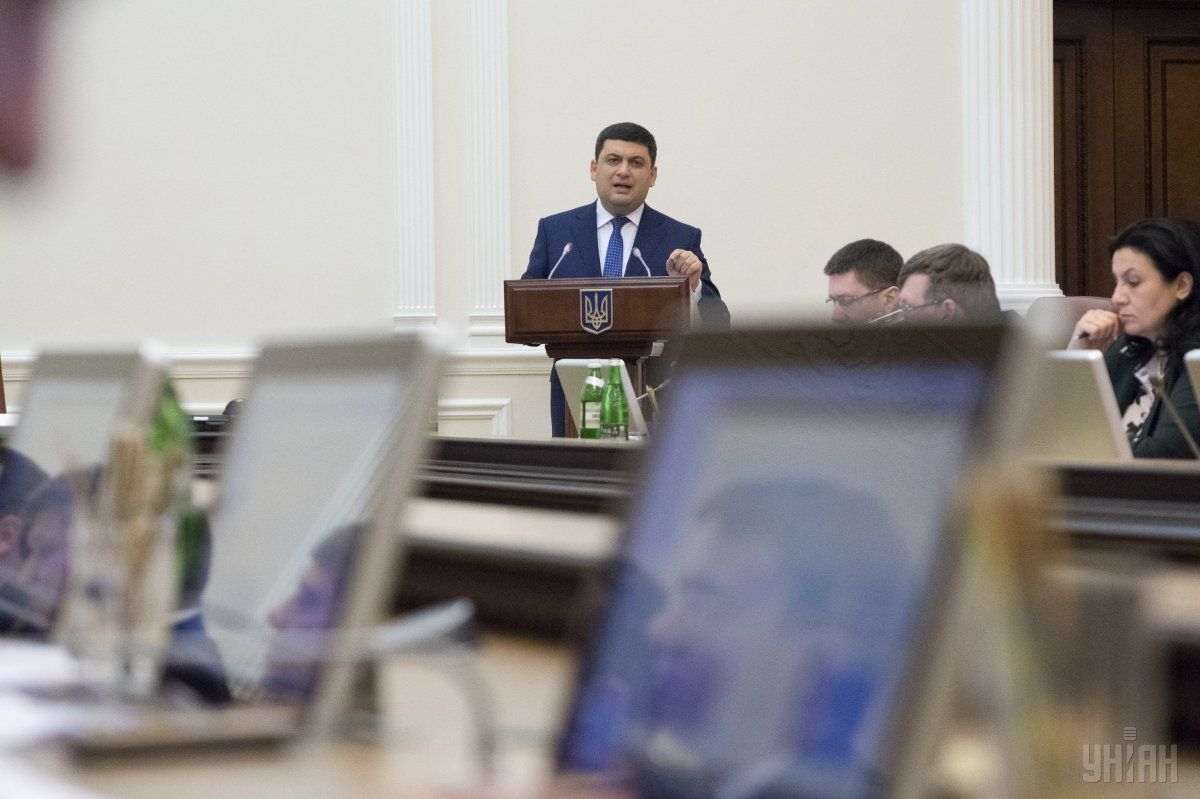
Another important news this week was the approval by the Cabinet of Ministers and forwarding to the Verkhovna Rada of a draft state budget for 2019, the year set to be particularly difficult for Ukraine. And this was done by the government within the terms set by the legislation.
Presenting the document at a Cabinet meeting on Friday, Prime Minister Volodymyr Groysman noted that the budget is realistic, based on a macroeconomic forecast with real GDP growth of 3% with 7.4% inflation (IMF and World Bank expect inflation in Ukraine this year at 10 %, while now it is above 9%, according to the statistics agency), and provides for reducing the level of public debt to 52.2% of GDP (now it's over 60%). The growth of revenues of the consolidated budget will be by UAH 130 billion - to UAH 1.293 trillion. Groysman calls budgetary priority Ukraine's defense expenditures, which will grow to UAH 209.5 billion, as well as energy independence and energy efficiency. For the construction of roads in the next year the government will allocate UAH 56 billion and another UAH 6.9 billion for the support of the agro-industrial complex. Expenses for education will amount to UAH 242 billion, while healthcare will cost the budget UAH 92.3 billion. The minimum wage will be increased from January 1, 2019, to UAH 4,173, while monetization of subsidies and modernization of pensions will also be carried out. Groysman assured that, whatever the price of gas for the population, everything will be done to ensure that Ukrainians receiving subsidies do not feel the increase.
"This is the country's development budget that we're submitting to the Ukrainian parliament. Next will be up to three months of battles. We know that everyone will say that it is bad. But remember one thing - it is the third one, while the same was said about the two previous ones as well. But the country lives on, roads are being paved, schools are being built, while we make all the necessary payments on time," the head of government stressed.
This is only the beginning of the budget process. Time will tell, how the government will interact with the parliament committees and factions to make sure that the budget is adopted. Ttraditional battles over the issue cannot be ruled out. The budget process has been stormy at all times. Besides, the budget-2018 can also provoke confrontation. So far, it has not been implemented yet, although Groysman assures that the targets for income and expenditures will be met.
Yelizaveta Dorontseva

